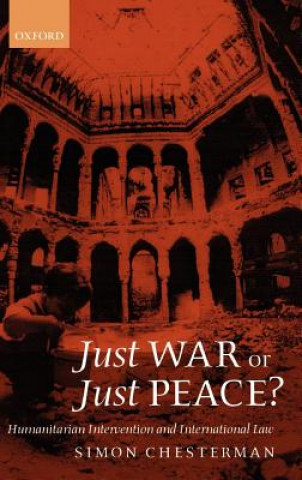
Kód: 04529983
Just War or Just Peace?
Autor Simon Chesterman
The question of the legality of humanitarian intervention is, at first blush, a simple one. The Charter of the United Nations clearly prohibits the use of force, with the only exceptions being self-defence and enforcement actions ... celý popis
- Jazyk:
 Angličtina
Angličtina - Väzba: Pevná
- Počet strán: 326
Nakladateľ: Oxford University Press, 2001
- Viac informácií o knihe

Mohlo by sa vám tiež páčiť
-

One
111.42 € -
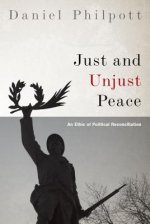
Just and Unjust Peace
53.99 € -

Philosophical Perspectives on Peace
20.11 € -4 % -

The Present »Just Peace/Just War« Debate
61.67 € -

History and Exegesis
258.96 € -

Jazz Guitar Soloing: The Cellular Approach
42.16 € -

Informal Care and Support for Carers
62.89 € -

Clinical Assessment of Child & Adolescent Behav
130.03 € -
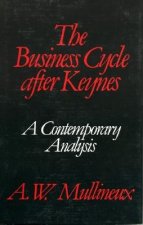
Business Cycle After Keynes
127.30 € -
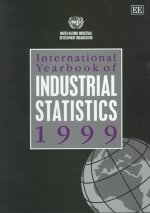
International Yearbook of Industrial Statistics 1999
291.41 € -10 % -
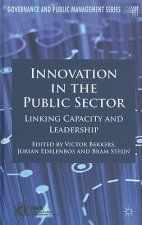
Innovation in the Public Sector
69.96 € -
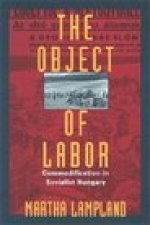
Object of Labor
122.95 € -

Passport in America
67.34 € -
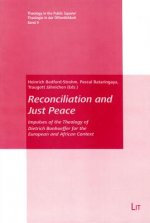
Reconciliation and Just Peace
30.73 € -5 %
Darčekový poukaz: Radosť zaručená
- Darujte poukaz v ľubovoľnej hodnote, a my sa postaráme o zvyšok.
- Poukaz sa vzťahuje na všetky produkty v našej ponuke.
- Elektronický poukaz si vytlačíte z e-mailu a môžete ho ihneď darovať.
- Platnosť poukazu je 12 mesiacov od dátumu vystavenia.
Viac informácií o knihe Just War or Just Peace?
Nákupom získate 461 bodov
 Anotácia knihy
Anotácia knihy
The question of the legality of humanitarian intervention is, at first blush, a simple one. The Charter of the United Nations clearly prohibits the use of force, with the only exceptions being self-defence and enforcement actions authorized by the Security Council. There are, however, long-standing arguments that a right of unilateral intervention pre-existed the Charter. This book, winner of an ASIL Certificate of Merit 2002, begins with an examination of the genealogy of that right, and argues that it might have survived the passage of the Charter, either through a loophole in Article 2(4) or as part of customary international law. It has also been argued that certain 'illegitimate' regimes lose the attributes of sovereignty and thereby the protection given by the prohibition of the use of force. None of these arguments is found to have merit, either in principle or in the practice of states. A common justification for a right of unilateral humanitarian intervention concerns the failure of the collective security mechanism created after the Second World War. Chapters 4 and 5, therefore, examine Security Council activism in the 1990s, notable for the plasticity of the circumstances in which the Council was prepared to assert its primary responsibility for international peace and security, and the contingency of its actions on the willingness of states to carry them out. This reduction of the Council's role from a substantive one to a formal one partly explains the recourse to unilateralism in that decade, most spectacularly in relation to the situation in Kosovo. Crucially, the book argues that such unilateral enforcement is not a substitute for but the opposite of collective action. Though often presented as the only alternative to inaction, incorporating a 'right' of intervention would lead to more such interventions being undertaken in bad faith, it would be incoherent as a principle, and it would be inimical to the emergence of an international rule of law.
 Parametre knihy
Parametre knihy
Zaradenie knihy Knihy po anglicky Society & social sciences Politics & government International relations
184.33 €
- Celý názov: Just War or Just Peace?
- Podnázov: Humanitarian Intervention and International Law
- Autor: Simon Chesterman
- Jazyk:
 Angličtina
Angličtina - Väzba: Pevná
- Počet strán: 326
- EAN: 9780199243372
- ISBN: 0199243379
- ID: 04529983
- Nakladateľ: Oxford University Press
- Hmotnosť: 616 g
- Rozmery: 242 × 163 × 22 mm
- Dátum vydania: 25. January 2001
Obľúbené z iného súdka
-
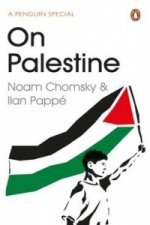
On Palestine
10.71 € -20 % -

Prisoners of Geography
11.11 € -22 % -
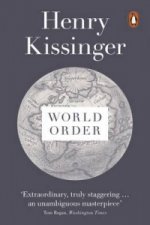
World Order
11.32 € -23 % -
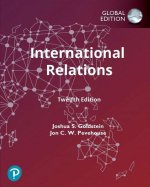
International Relations, Global Edition
107.98 € -

Grand Chessboard
22.44 € -
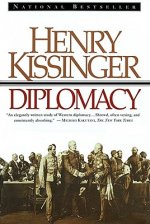
Diplomacy
18.49 € -23 % -
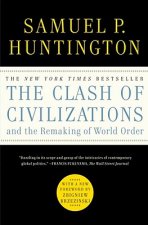
Clash of Civilizations and the Remaking of World Order
16.78 € -17 % -
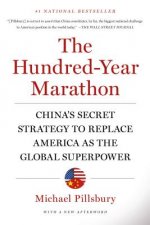
Hundred-Year Marathon
16.37 € -22 % -
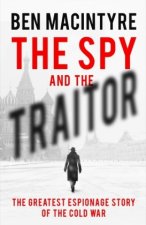
The Spy and the Traitor
10.81 € -24 % -

Understanding the Intelligence Cycle
77.04 € -
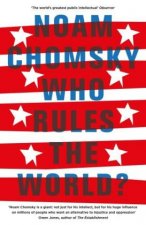
Who Rules the World?
11.11 € -25 % -
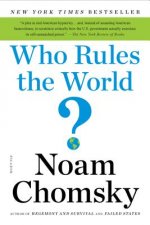
Who Rules the World?
10.71 € -20 % -
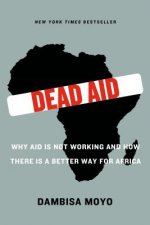
Dead Aid
16.67 € -8 % -
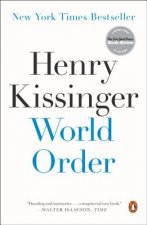
World Order
16.37 € -2 % -

Adults In The Room
14.25 € -23 % -

Legacy of Ashes
17.99 € -15 % -
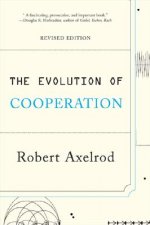
Evolution of Cooperation
18.60 € -
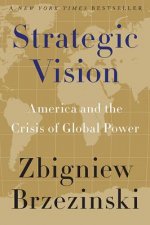
Strategic Vision
15.97 € -21 % -

Secret World
18.09 € -24 % -
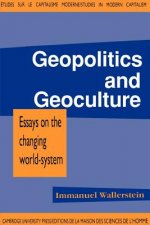
Geopolitics and Geoculture
21.73 € -28 % -
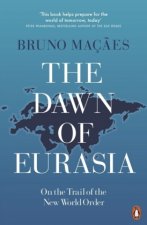
Dawn of Eurasia
12.12 € -23 % -
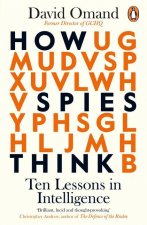
How Spies Think
11.01 € -23 % -
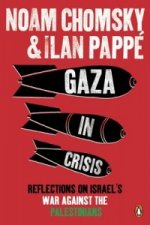
Gaza in Crisis
12.12 € -23 % -

Planetary Cycles Mundane Astrology
22.64 € -

OVERTHROW : AMERICA'S CENTURY OF REGIME
26.79 € -1 % -
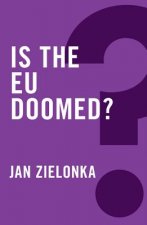
Is the EU Doomed?
24.46 € -
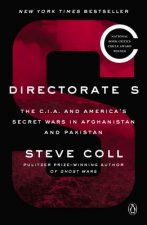
Directorate S
17.18 € -19 % -

Righteous Victims
23.65 € -5 % -
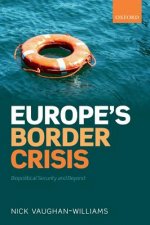
Europe's Border Crisis
44.79 € -
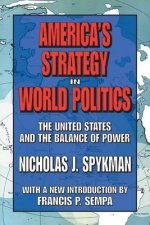
America's Strategy in World Politics
71.28 € -

Destroying Libya and World Order
19.61 € -1 % -

My Nationalist Pony
36.39 € -

Critical Practices in International Theory
215.07 € -

American Century and Beyond
20.21 € -18 % -
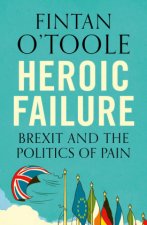
Heroic Failure
12.63 € -5 % -

Oxford Handbook of the European Union
57.12 € -

Rise and Kill First
16.57 € -23 % -

PEACE TO END ALL PEACE
20.82 € -23 % -
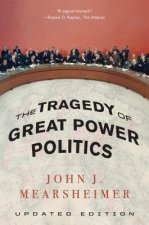
Tragedy of Great Power Politics
21.43 € -8 % -
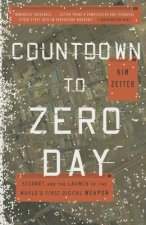
Countdown to Zero Day
16.88 € -16 % -

Revenge of Geography
18.39 € -20 % -
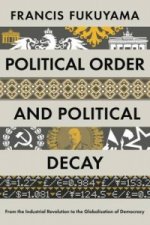
Political Order and Political Decay
15.36 € -22 % -
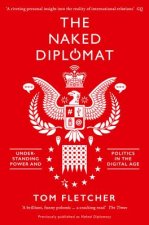
Naked Diplomat
14.25 € -23 % -

Against Our Better Judgment
12.93 € -
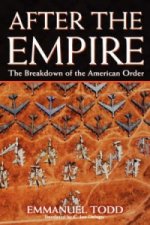
After the Empire
15.76 € -

Legacy of Ashes
20.62 € -23 % -
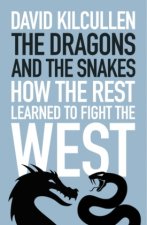
Dragons and the Snakes
31.74 € -9 % -

Oxford IB Diploma Programme: Global Politics Course Book
59.04 € -
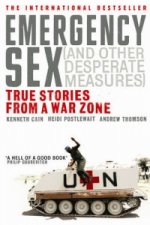
Emergency Sex (And Other Desperate Measures)
16.37 € -23 %
Osobný odber Bratislava a 2642 dalších
Copyright ©2008-24 najlacnejsie-knihy.sk Všetky práva vyhradenéSúkromieCookies



 21 miliónov titulov
21 miliónov titulov Vrátenie do mesiaca
Vrátenie do mesiaca 02/210 210 99 (8-15.30h)
02/210 210 99 (8-15.30h)